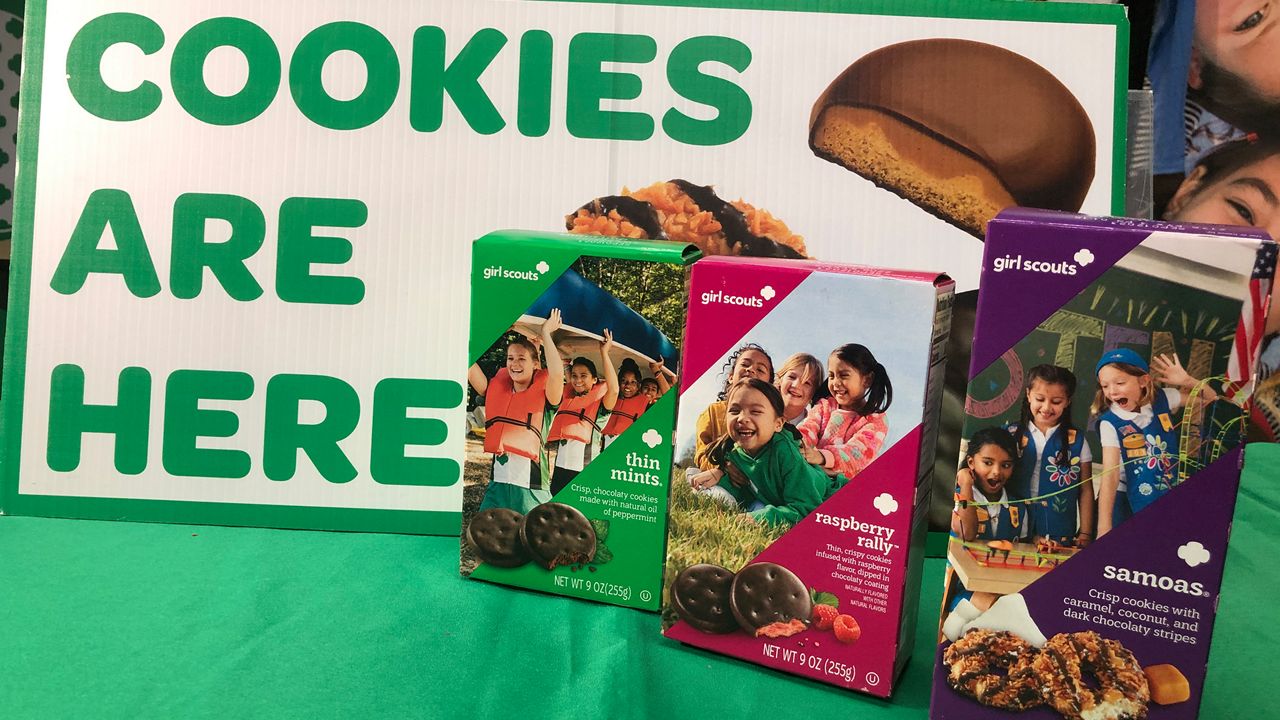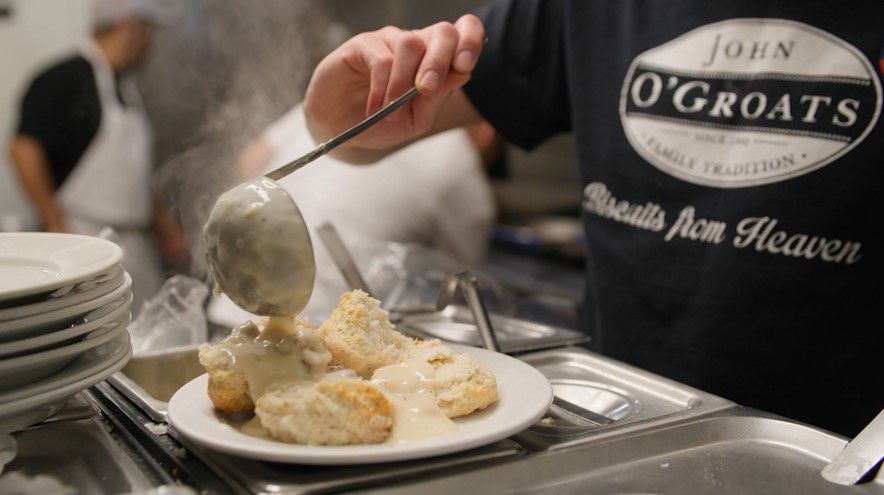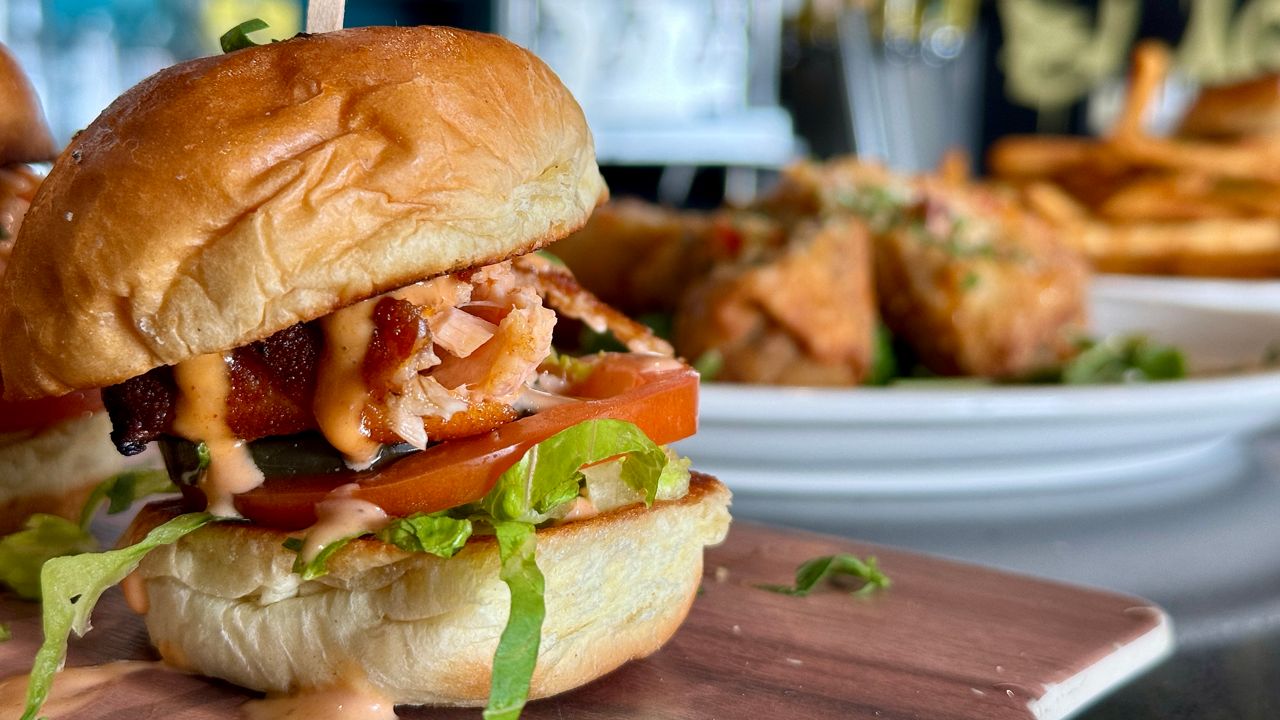EL SERENO, Calif. — Here’s one more ripple effect we can thank the pandemic for: the rising cost of meat.
Local small business owners and backyard barbecue masters Alex Garcia and his partner Elvia Huerta opened Evil Cooks in their El Sereno home four years ago after leaving stable jobs. It was a dream they were willing to gamble everything on.
“At some point you have to decide between keep doing something for someone else or do your own thing,” said Garcia.
And despite the relative insecurity of being a small business owner, Garcia's partner Huerta says it gives them so much joy to do this work.
Every weekend, the lines of people waiting to order food wrap around the block, many repeat customers. On a blistering hot Sunday afternoon, Garcia’s grill worked hard cooking up pork, green chorizo and even octopus — but no beef.
“I think we’re going to avoid beef until prices come down,” Garcia said.
And Garcia is not alone. Many consumers and small businesses are being forced to cut back on meat as inflation continues, and the pandemic is to blame. It was a perfect storm of events: Meat producers had to cut back on staffing as quarantine restrictions grew, and many farmers even had to cull their animals to account for the decreased demand as restaurants closed.
Simultaneously, unlucky weather patterns started negatively impacting corn and soybean crops, making it more expensive to feed livestock. The recent ransomware hack targeting JBS USA, one of the largest meat packing companies in the country, created delays in the shipping and processing of meat, further injuring an already beleaguered system.
And now that we’re coming out of the pandemic, the farmers and processing plants can’t keep up with today’s demand. The result is an increase in prices of almost 10% in beef, pork and chicken on grocery store shelves. For small business owners like Garcia and Huerta, that price increase adds up quickly.
El Sereno meat supplier Rosales Food Services says they’ve also been hit hard by meat inflation. They supply beef, pork, poultry and other food items to companies like Evil Cooks, and Angelica Rosales estimates that their orders are 30-40% lower today than last year.
“It makes it a little difficult because you have to make decisions of cutting back hours, who do we keep,” Rosales said.
Rosales noted that being a supplier right now is tricky because their customers don’t always realize where the higher prices originate.
"[Customers] think that we want to raise prices," she said. "They don’t think about how the market changes."
Back at Evil Cooks, the customers repeatedly come up to the window asking for their beef tacos, but most seem unfazed when Garcia tells them they’re out of beef. He credits that to their foresight in offering many other types of meat and their ability to deftly adapt with the market — a position many other small businesses aren't so fortunate to be in right now.











